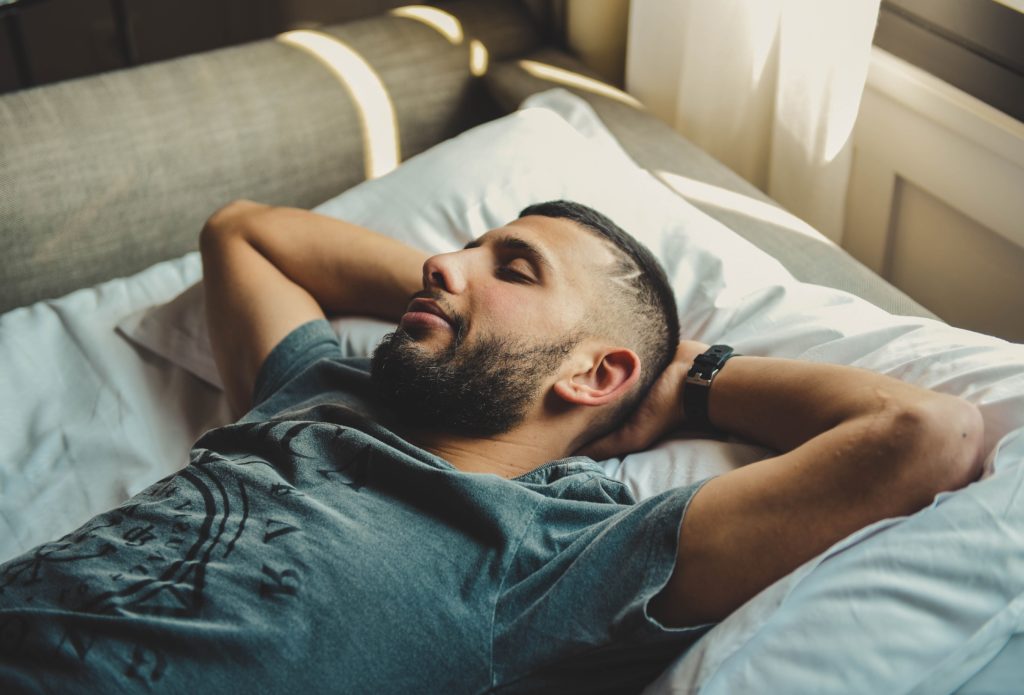Sleep Apnea and Depression Secondary VA Disability Benefits

CCK Law: Our Vital Role in Veterans Law
What is Sleep Apnea?
Sleep apnea is a potentially serious sleep disorder in which a person’s breathing is repeatedly interrupted during the course of the night and has a relationship to depression. There are three main types of sleep apnea:
- Obstructive Sleep Apnea – the most common form of sleep apnea; occurs when the throat muscles intermittently relax and block your airway during sleep
- Central Sleep Apnea – occurs when your brain doesn’t send proper signals to the muscles that control breathing
- Complex (Mixed) Sleep Apnea Syndrome – occurs when someone has both obstructive sleep apnea and central sleep apnea
The signs and symptoms of these three types of sleep apnea tend to overlap, sometimes making it difficult to determine which type you have. Generally speaking, the most common symptoms include: loud snoring, gasping for air during sleep, awakening with a dry mouth, morning headache, insomnia, hypersomnolence (i.e. excessive daytime sleepiness), and difficulty concentrating.

What is Depression?
Depression is a serious mental health condition that affects the way a person thinks, feels, and acts. Symptoms of depression tend to vary amongst individuals; however, common symptoms include the following:
- Persistent feelings of sadness, worthlessness, and hopelessness
- Lack of motivation or interest in activities that usually derive pleasure
- Difficulty sleeping and concentrating
- Change in appetite resulting in weight loss or weight gain
- Irritability
- Fatigue
Relationship Between Sleep Apnea and Depression
Current research supports the link between sleep apnea and depression. Specifically, people who suffer from sleep apnea are 21-39 percent more likely to have depression than those who do not have sleep apnea. There are multiple theories suggesting why this correlation may exist, including the following:
- Patients with sleep apnea suffer a lack of oxygen, which may cause changes to the brain resulting in depression. Similarly, sleep apnea may cause inflammation in the body and affect neurotransmitter activity, which could then contribute to symptoms of depression.
- Sleep apnea causes fatigue, exhaustion, and hypersomnolence. As a result, managing the requirements of a normal routine becomes increasingly more challenging. The difficulty with daily life can lead to the onset of depression. Clinical studies have supported the relationship between extreme drowsiness and fatigue and depression.
Secondary Service Connection for Depression
In order to receive VA disability benefits, a veteran’s condition must be service-connected. To establish direct service connection, a veteran must demonstrate three things:
- A current, diagnosed condition;
- An in-service event, injury, or illness; and
- A nexus (i.e. link) between the diagnosed condition and the in-service event
Both sleep apnea and depression may be granted service connection if VA decides that the above-mentioned elements are met. However, veterans may also be eligible for VA disability benefits for depression on a secondary basis. Specifically, if a veteran is already service-connected for sleep apnea and later developed depression, they could argue that their depression developed as a result. In cases of secondary service connection, the nexus between a veteran’s primary service-connected disability and their depression must be clearly established. Therefore, to establish secondary service connection for depression, veterans must demonstrate the following:
- A current diagnosis of depression
- Medical evidence showing the relationship between their service-connected disability and their depression
Here, it may be beneficial to have a doctor submit a letter stating that there is a causal relationship between your sleep apnea and your depression. Furthermore, you can submit lay evidence outlining the overlapping onset and progression of your sleep apnea and depression symptomatology.
About the Author
Share this Post
